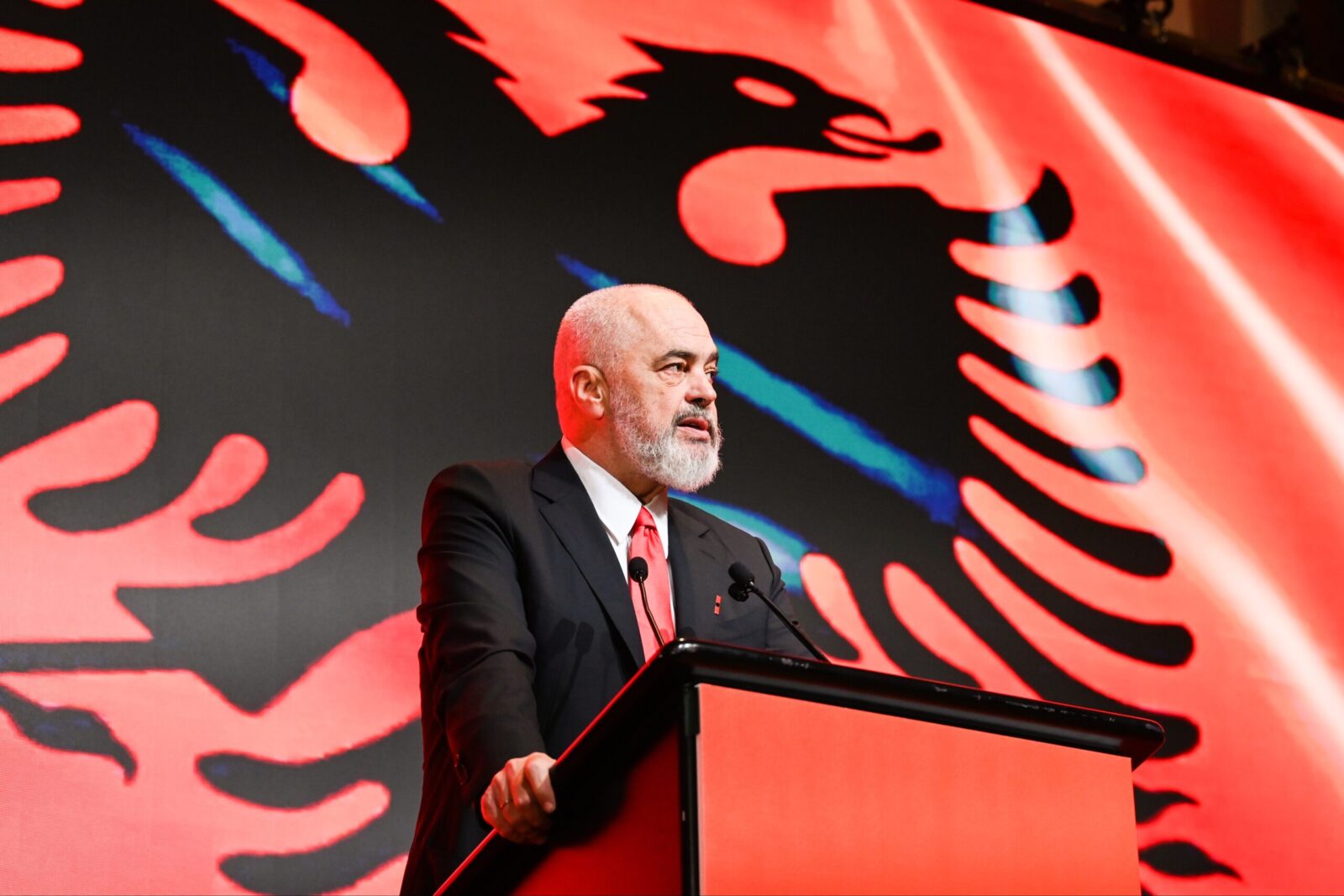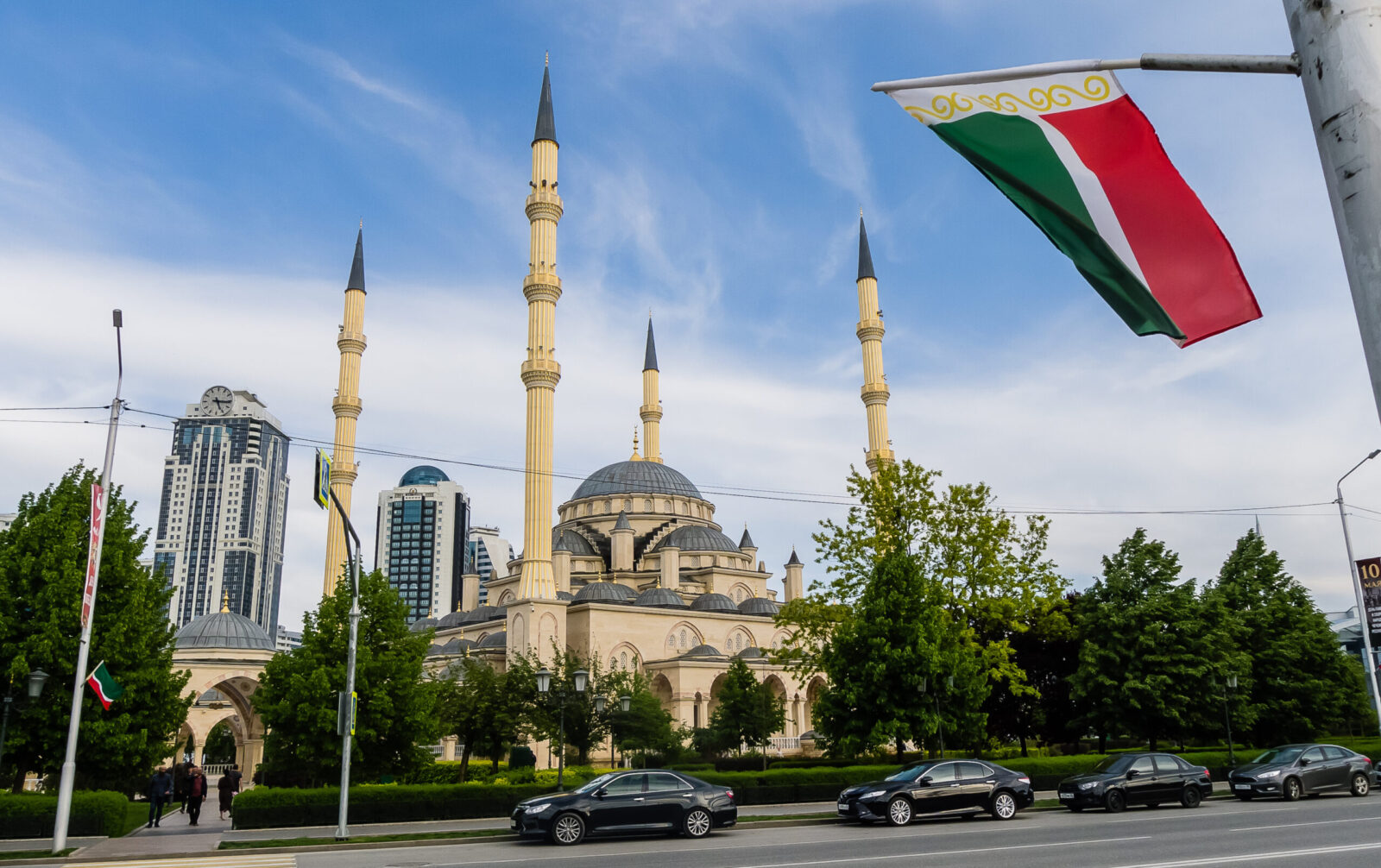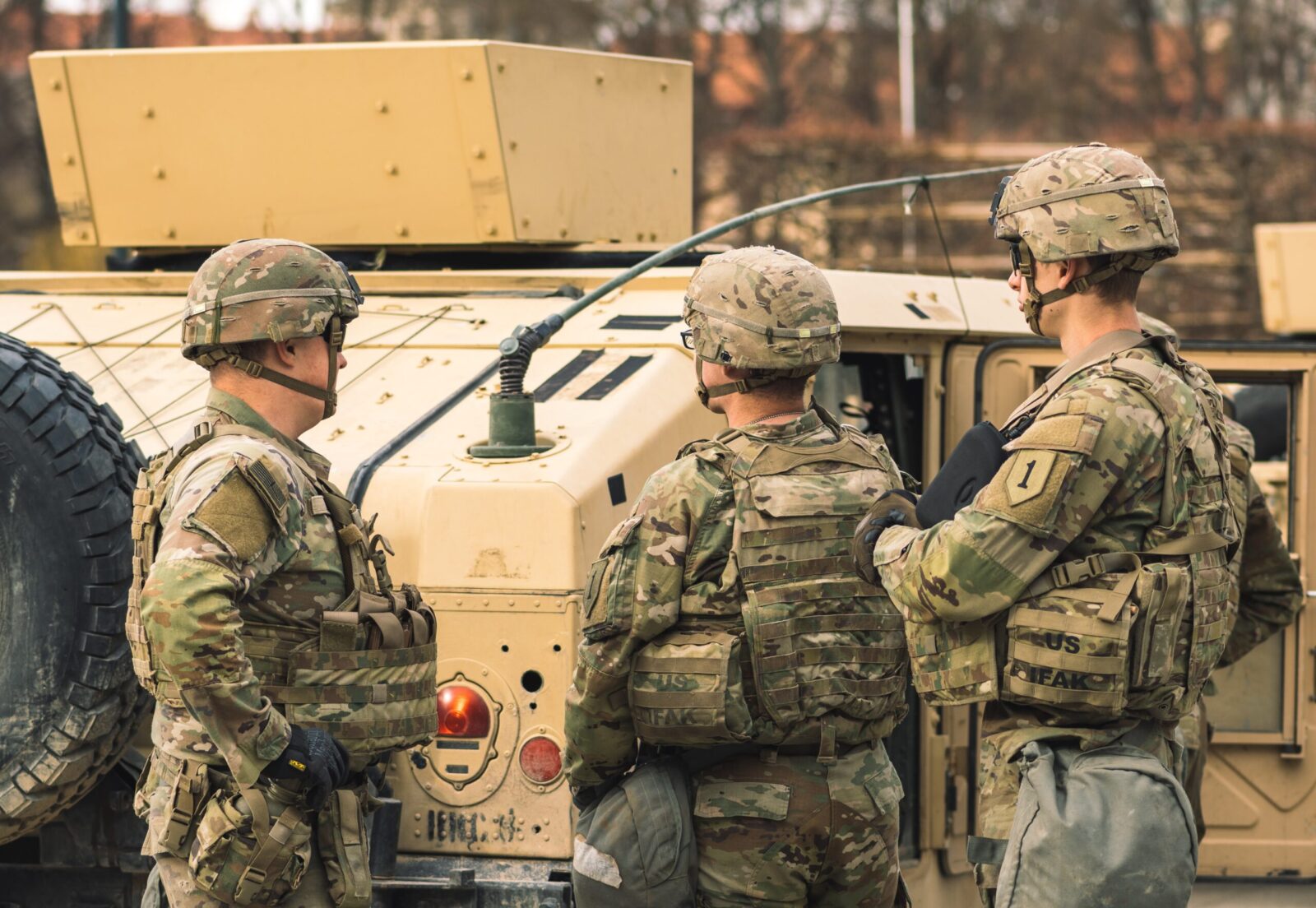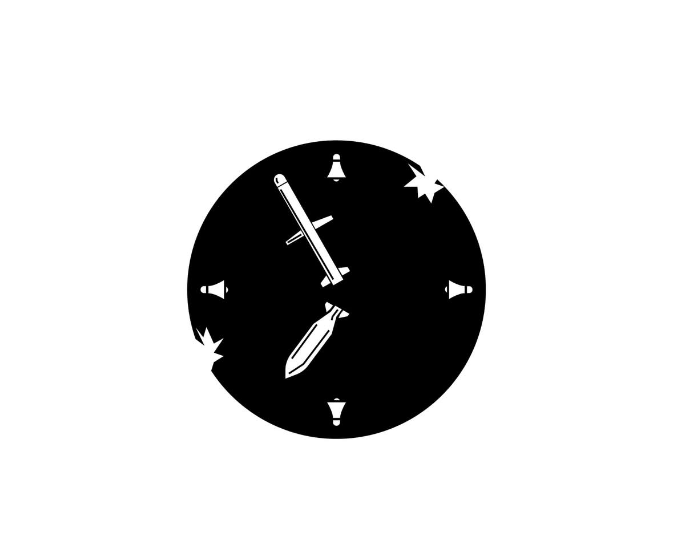
Georgian democracy at risk. How you can support
12/20/2024 - New Eastern Europe
Ever since the October 26th 2024 elections and the subsequent announcement by Georgia’s ruling party that the country will no longer seek EU membership until at least 2028, the Georgia society has taken to the streets to protest. The response from the government has been a crackdown and repressive actions against the protesters, whose numbers are growing.
{"OriginalLangauges":1,"ContentItemLangauges":1,"ContentItemTranslations":21}{"language_codes":["en"]}
Georgian Dream turns into Georgian Nightmare: election fraud, escalating protests, and a confrontation with the EU
12/19/2024 - New Eastern Europe
The unrest that erupted in Georgia following the recent parliamentary elections shows no sign of ending. As the Georgian Dream government comes under increasing pressure, the country now stands at a crossroads regarding not only its democracy but also its place in the world.
{"OriginalLangauges":1,"ContentItemLangauges":1,"ContentItemTranslations":21}{"language_codes":["en"]}
Edi Rama’s illiberalism is flying under the EU’s radar
12/17/2024 - New Eastern Europe
The European Union’s relations with Albania are often viewed as overwhelmingly positive. This is especially true when compared to the bloc’s rather troubled links with other states in the Western Balkans. Despite this, overlooking the autocratic practices present in Tirana could cause problems in the future.
{"OriginalLangauges":1,"ContentItemLangauges":1,"ContentItemTranslations":21}{"language_codes":["en"]}
While Moldova is making progress, Georgia is falling back
12/16/2024 - New Eastern Europe
It is hard to believe the shift in Georgia and Moldova’s prospects for accession. While Chisinau has emerged from a long period of uncertainty to champion the EU cause, Tbilisi is rapidly losing momentum in its negotiations. The reason for this change lies in two clearly contrasting governments.
{"OriginalLangauges":1,"ContentItemLangauges":1,"ContentItemTranslations":21}{"language_codes":["en"]}
Chechnya’s instability: implications for Russia and the EU
12/15/2024 - New Eastern Europe
The stability of Chechnya is often not discussed in relation to the EU. This is despite the fact that any future unrest could have a number of consequences regarding both the security of Russia and the nearby bloc.
{"OriginalLangauges":1,"ContentItemLangauges":1,"ContentItemTranslations":21}{"language_codes":["en"]}
From Poland-Lithuania to science fiction
12/13/2024 - New Eastern Europe
Science fiction is a genre that aspires to predict the human future through the lens of expected technological progress. Few realize that it emerged from the tragic experience of Poland-Lithuania’s Jewish community during the dark 20th century.
{"OriginalLangauges":1,"ContentItemLangauges":1,"ContentItemTranslations":21}{"language_codes":["en"]}
Ukraine’s darkest hour
12/12/2024 - New Eastern Europe
It has now been over 1000 days since Russia’s full-scale invasion of Ukraine. While Kyiv’s campaign of defence has resulted in many victories, the current situation on the front line is worrisome. As the country faces the prospect of another winter, its future remains uncertain to say the least.
{"OriginalLangauges":1,"ContentItemLangauges":1,"ContentItemTranslations":21}{"language_codes":["en"]}
“Fascism is an offer, a promise of profit…”
12/11/2024 - New Eastern Europe
Interview with Daniel Schulz, a German journalist and author of Wir waren wie Brüder (We Were Like Brothers). Interviewer: Martina Napolitano.
{"OriginalLangauges":1,"ContentItemLangauges":1,"ContentItemTranslations":21}{"language_codes":["en"]}
When Czechs knew freedom
12/10/2024 - New Eastern Europe
The Velvet Revolution is now celebrating its 35th anniversary. This creative article commemorates the date of December 10, 1989, when the first non-communist government in Czechoslovakia since 1948 took office. It is more important than ever to remember the lessons from this time of national euphoria. This is especially true with regards to the freedoms that peoples both in and outside of Eastern Europe enjoy and often take for granted. The piece is a collage of different memories and hopes of Czech citizens from that time of new liberty--drawn from both interviews and the author's imagination.
{"OriginalLangauges":1,"ContentItemLangauges":1,"ContentItemTranslations":21}{"language_codes":["en"]}
An open letter from Georgia
12/7/2024 - New Eastern Europe
New Eastern Europe received this open letter from one of our contributors based in Georgia. We are republishing it here in support of Georgian society and in an effort to help raise awareness of the situation that is taking place there.
{"OriginalLangauges":1,"ContentItemLangauges":1,"ContentItemTranslations":21}{"language_codes":["en"]}
“There's nowhere left for Russia to escalate beyond nuclear weapons, and they don't want to use them any more than we do”
12/6/2024 - New Eastern Europe
Interview with US Army Col. (ret) Liam Collins, the executive director of the Madison Policy Forum and a fellow at the New America Foundation. Interviewer: Vazha Tavberidze.
{"OriginalLangauges":1,"ContentItemLangauges":1,"ContentItemTranslations":21}{"language_codes":["en"]}
Is Ukraine’s energy infrastructure ready for the upcoming winter?
12/5/2024 - New Eastern Europe
This winter naturally poses a raft of challenges for Ukraine as it continues its fight against Moscow’s invasion. Indeed, conditions during the previous two winters only exacerbated issues on the front line. Despite this, problems related to infrastructure may make the coming months especially difficult for Kyiv.
{"OriginalLangauges":1,"ContentItemLangauges":1,"ContentItemTranslations":21}{"language_codes":["en"]}
In the spiral of misperceptions. Polish-Ukrainian relations with the backdrop of Russian invasion
12/4/2024 - New Eastern Europe
Without solving historical issues, Polish-Ukrainian relations will be neither healed nor improved. They are burdened by a dispute over the commemoration of Polish victims on Ukrainian soil from the Second World War, as well as diverging perceptions of Polish involvement in helping Ukraine after the full-scale Russian invasion.
{"OriginalLangauges":1,"ContentItemLangauges":1,"ContentItemTranslations":21}{"language_codes":["en"]}
Moldova has secured its EU path but new challenges arise
12/3/2024 - New Eastern Europe
Moldova recently endorsed the ideas of its pro-EU President Maia Sandu and her party during recent votes in October. However, it is unclear if this will prove to be the end of Chisinau’s political uncertainty regarding foreign affairs. While one round of voting is over, the country now looks to new elections next year.
{"OriginalLangauges":1,"ContentItemLangauges":1,"ContentItemTranslations":21}{"language_codes":["en"]}
Central Europe's parliamentary edge: a democratic advantage
12/2/2024 - New Eastern Europe
Recent years have seen criticism directed at countries like Poland and Hungary for a level of semi-authoritarianism in their governance. Whilst such issues clearly persist, the parliamentary systems in many of the region’s states have allowed for key checks and balances that have challenged these political shifts.
{"OriginalLangauges":1,"ContentItemLangauges":1,"ContentItemTranslations":21}{"language_codes":["en"]}
Europe still needs a security council
11/29/2024 - New Eastern Europe
The creation of a European Security Council could be the right answer to growing uncertainty on the continent and beyond. Such a new format would be a signal to both allies and adversaries that Europe takes its own security seriously.
{"OriginalLangauges":1,"ContentItemLangauges":1,"ContentItemTranslations":21}{"language_codes":["en"]}
Will Belarus enter the BRICS? A Brazilian perspective.
11/27/2024 - New Eastern Europe
The BRICS summit in Kazan could have paved the way for the future accession of new members. Belarus would like to join as it views membership as a chance to break free from its international isolation. Brazil could be the one blocking the organization's expansion as it is becoming increasingly worried about the growing Chinese influence.
{"OriginalLangauges":1,"ContentItemLangauges":1,"ContentItemTranslations":21}{"language_codes":["en"]}
What the world could learn from Ukraine
11/26/2024 - New Eastern Europe
Ukrainians recently marked 1000 days at full-scale war defending their country against Russian invasion. In that time, the nation has developed many positive habits that are improving society as a whole. Such lessons could prove to be relevant for others around the world.
{"OriginalLangauges":1,"ContentItemLangauges":1,"ContentItemTranslations":21}{"language_codes":["en"]}
How Ukraine’s Kursk operation challenges non-western countries to come out
11/25/2024 - New Eastern Europe
Beijing and other non-western capitals’ calls for a ceasefire and negotiations between Moscow and Kyiv have, after the Ukrainian occupation of Russian lands, acquired new meaning. A Chinese or other non-western push for a Russo-Ukrainian accommodation could lead now to meaningful peace talks.
{"OriginalLangauges":1,"ContentItemLangauges":1,"ContentItemTranslations":21}{"language_codes":["en"]}
Issue 6/2024: Age of uncertainty
11/22/2024 - New Eastern Europe
As the existential philosopher Karl Jaspers once wrote, "uncertainty is not to be overcome but understood". In this issue, our aim is just that: to shed light on the uncertainties shaping our world, to inform you about these broader challenges and to explore how we might navigate them.
{"OriginalLangauges":1,"ContentItemLangauges":1,"ContentItemTranslations":21}{"language_codes":["en"]}
Europe in the age of uncertainty
11/22/2024 - New Eastern Europe
As long as we have different narratives concerning the real meaning of Russia’s war in Ukraine, the European Union will not be able to act as a coherent and pro-active geopolitical player. The EU should attempt to find a common language to talk about the war and its implications. Only then will we be able to uphold security across the continent, both for ourselves and our partners. The recent meeting of the UN General Assembly proved to be a focal point for all the uncertainties the world is currently facing: the ineffectiveness of multilateralism; impunity for aggression and violations of international law; and increasing problems related to climate change and sustainable development goals. In short, the international rules-based order as perceived in the West is under threat with major uncertainties as a consequence.
{"OriginalLangauges":1,"ContentItemLangauges":1,"ContentItemTranslations":21}{"language_codes":["en"]}
The uncertain conclusion to Russia’s war in Ukraine
11/22/2024 - New Eastern Europe
As Ukraine continues its resistance against Russian aggression, discussions about the potential end of the war have sparked numerous debates throughout the international community. While many are eager for a swift resolution to the conflict, Ukraine has every right to be concerned about how the war will end. The dialogue between Ukraine and some western partners was complicated in the early stages of the full-scale war. As President Volodymyr Zelenskyy repeatedly emphasized, Ukraine is unwilling to give up any of its territories to achieve peace. He often referred to the moral aspect of the issue, even if some believed that it was not realistic. He stressed that Ukrainians living in the occupied territories are suffering under Russian occupation and enduring torture and human rights abuses.
{"OriginalLangauges":1,"ContentItemLangauges":1,"ContentItemTranslations":21}{"language_codes":["en"]}
In the Western Balkans, Brussels must side with North Macedonia in its dispute with Bulgaria
11/22/2024 - New Eastern Europe
North Macedonia’s path to the EU has now been stalled by a dispute with Bulgaria related to language and identity. Such issues have now become embedded in the integration process. The bloc must do everything it can to make sure that this problem does not hold up other discussions related to Skopje’s accession.
{"OriginalLangauges":1,"ContentItemLangauges":1,"ContentItemTranslations":21}{"language_codes":["en"]}
There will be no peace in Europe with Putin in power
11/22/2024 - New Eastern Europe
A conversation with Borja Lasheras, advisor on Ukraine to Joseph Borrell, the High Representative of the European Union for Foreign Affairs and Security Policy. Interviewer: Iwona Reichardt
{"OriginalLangauges":1,"ContentItemLangauges":1,"ContentItemTranslations":21}{"language_codes":["en"]}
Is there a future for the Eastern Partnership?
11/22/2024 - New Eastern Europe
While the Eastern Partnership marked its 15th anniversary this year, its adaptability to current geopolitical developments has raised questions. Russia’s war in Ukraine and Ukraine’s and Moldova’s progress in EU accession have challenged the relevance of this policy. Yet, despite some shortcomings, the EaP can be a viable instrument to promote the regional agenda of the EU, invest in democratisation of individual countries and foster linkages with the key region of Eastern Europe. There are concrete steps that can increase the relevance of this policy. Launched in 2009 in Prague, the European Union’s Eastern Partnership (EaP) policy has been one of the most visible and efficient tools of EU foreign policy over the past decade and a half. On the occasion of its 15-year-anniversary, which we celebrated in May 2024, a proper stock-taking of the current state of play is in order. This is particularly important since the EaP is undergoing some fundamental changes, being challenged particularly by the ongoing Russian war against Ukraine as well as by the Kremlin’s aggression against its other neighbours, of which six are united within the regional policy framework of the EU.
{"OriginalLangauges":1,"ContentItemLangauges":1,"ContentItemTranslations":21}{"language_codes":["en"]}